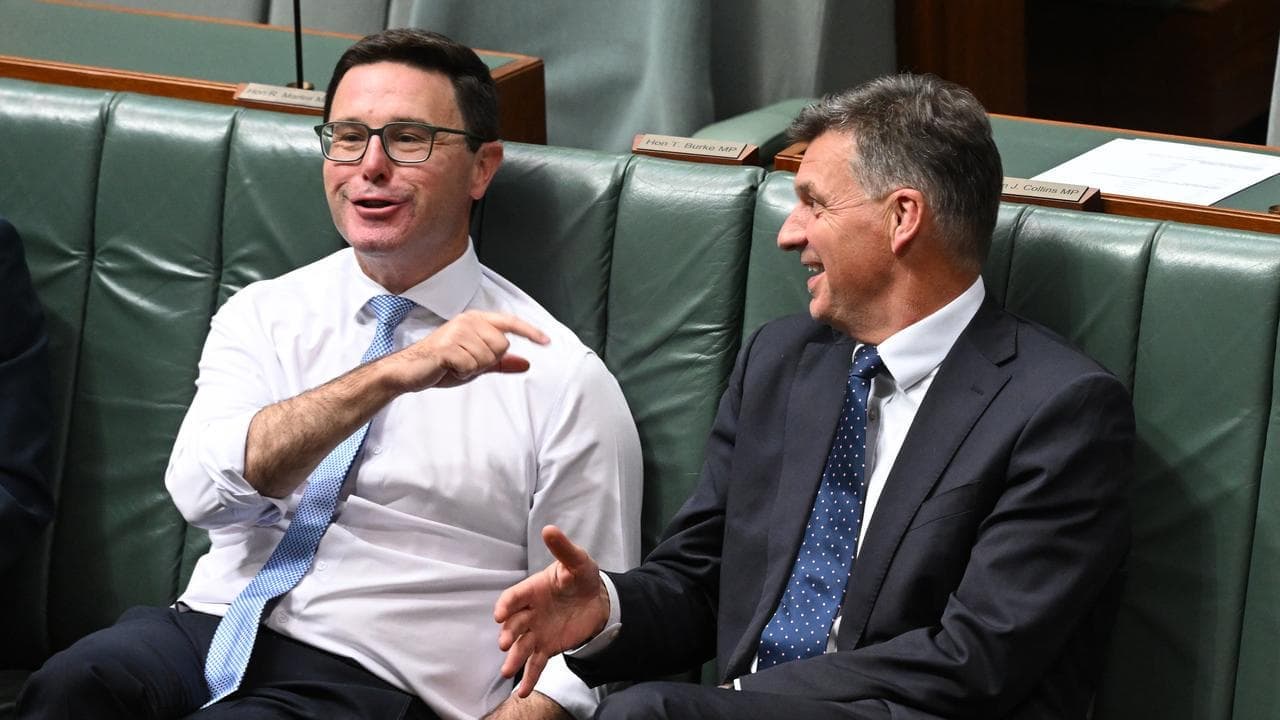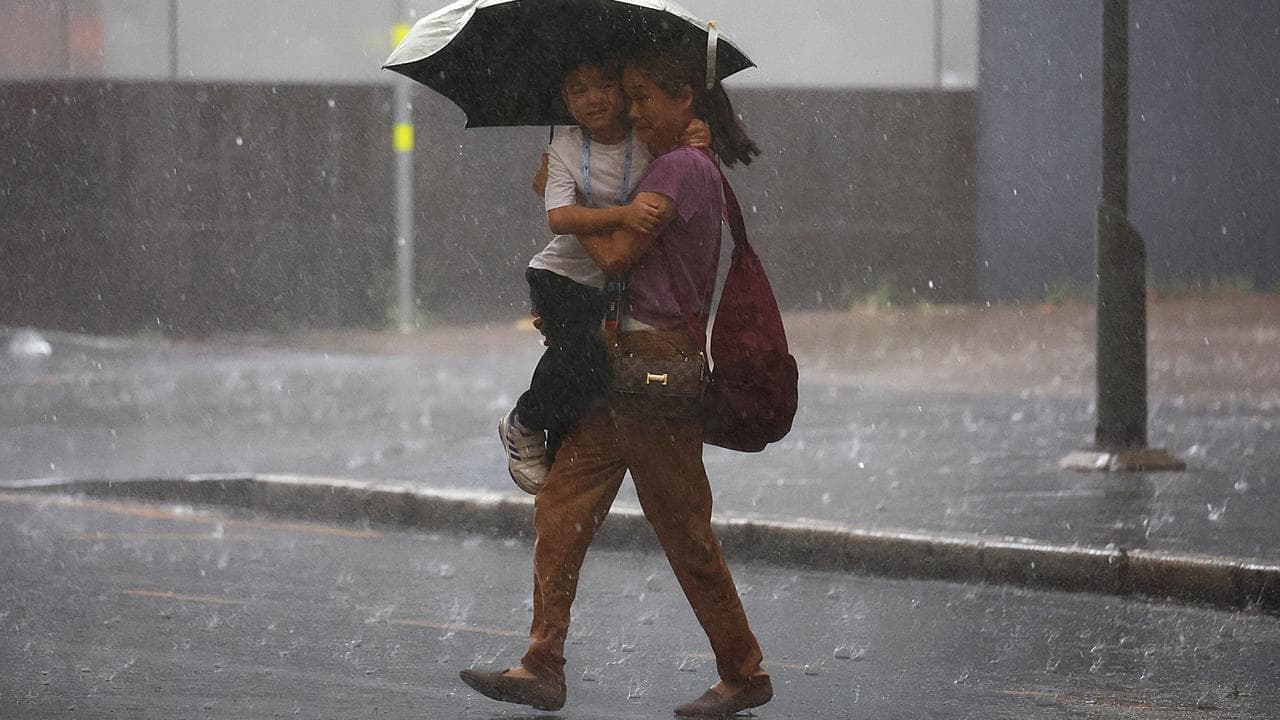WHAT WAS CLAIMED
Australian law changes grant World Health Organization staff immunity to forcibly vaccinate people.
OUR VERDICT
False. Amended legislation cited in the claim does not give staff from UN agencies any such protection.
AAP FACTCHECK - Amended federal laws give World Health Organization (WHO) personnel the right to forcibly vaccinate Australian citizens without consent, social media posts claim.
This is false. The claim is based on a misunderstanding of one piece of legislation and the misreading of another.
A law expert told AAP FactCheck no Australian legislation authorises the United Nations (UN) or agencies such as the WHO to carry out forced vaccinations.
The claim is made in Facebook posts which link to an article on The People's Voice, a website frequently debunked by AAP FactCheck.
The posts use a digitally created image from the article, along with its headline: "Australian Gov't Grants WHO 'Complete Immunity' To Force Jab Citizens on Australian Soil".

The article cites the amended 1995 Criminal Code Act to say it has updated the immunity "enjoyed by UN personnel on Australian shores, including the right to perform 'defence' and 'medical procedures' on citizens".
It shows a screenshot of a section of the Act's contents, covering "Division 71 - Offences against United Nations and associated personnel". This section of the Act says nothing about "immunity".
David Letts, a military law expert at ANU College of Law, said the claims were wrong.
Dr Letts told AAP FactCheck Division 71 relates to offences against - not committed by - UN and associated personnel and "has nothing to do with immunity from civil or criminal liability".
The article also cites the Defence Legislation Amendment (Enhancement of Defence Force Response to Emergencies) Bill 2020, which it says grants immunity to foreign troops, including potentially UN Peacekeepers, to "quell what the government consider an 'emergency' on Australian soil".
Dr Letts said these amendments had been incorporated in Section 123AA of the Defence Act and set out the parameters for "Immunity in relation to certain assistance".
It says a protected person is not subject to civil or criminal liability in respect of anything that person does or doesn't do, in good faith, in the performance of their duties.

The legislation lists protected people as Australian Defence Force members, public servants in the Defence Department, public service members, members of the military of a foreign country or members of a foreign police force.
Dr Letts said WHO staff would not meet the above requirements.
He said the actions that attracted immunity also had to be authorised by the minister and related to commonwealth and/or state and territory assistance.
"The Defence Act does not provide any authorisation for the UN or any of its agencies to enter Australia and embark on any forced vaccination program," Dr Letts said.
Claims about forced vaccinations have been widespread since the start of the pandemic.
AAP FactCheck has previously debunked such claims relating to WHO regulations, New Zealand's Pandemic Plan and Australian government health advice.
The Verdict
False — The claim is inaccurate.
AAP FactCheck is an accredited member of the International Fact-Checking Network. To keep up with our latest fact checks, follow us on Facebook, Twitter and Instagram.












